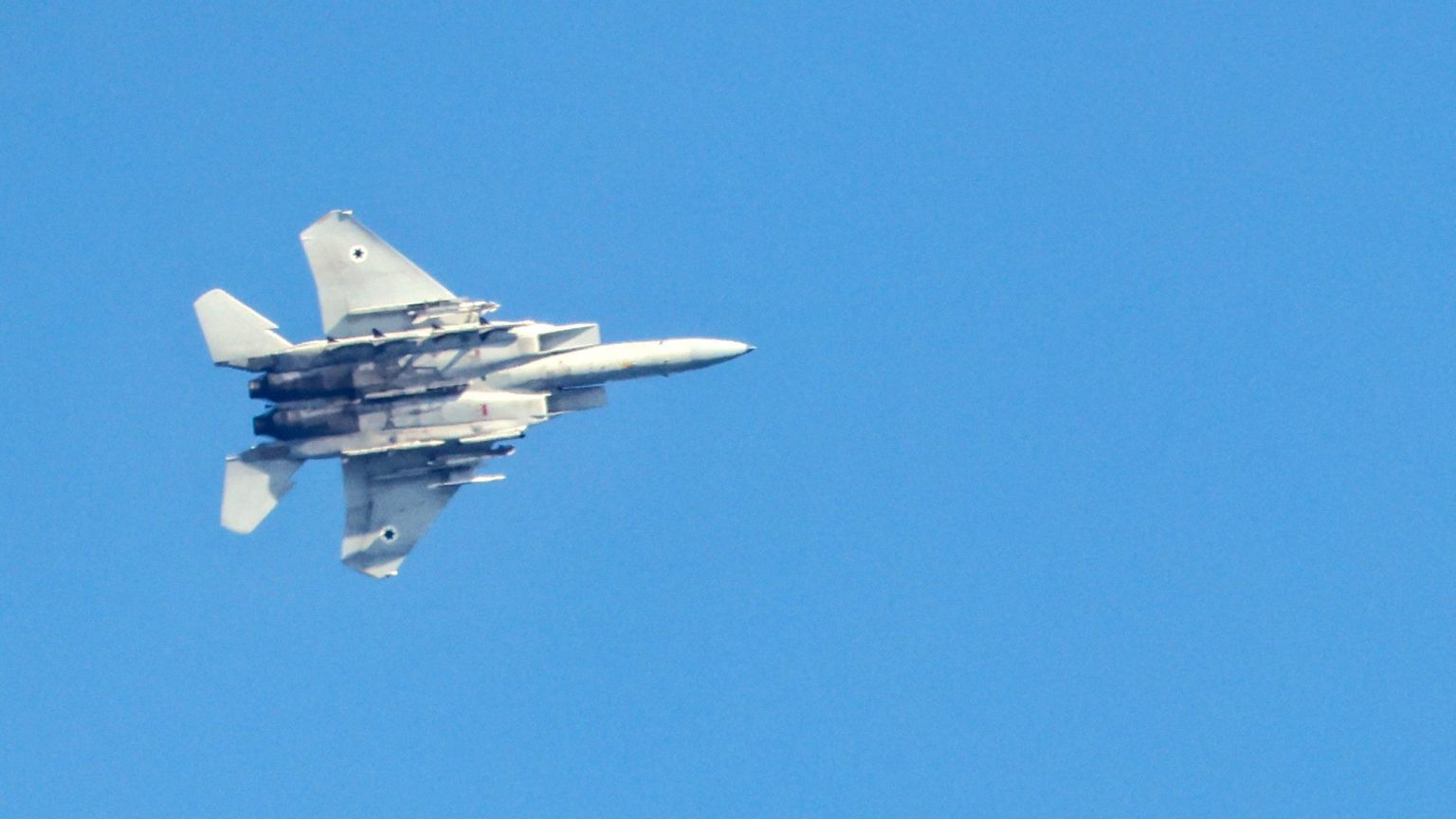The Israeli Air Force launched strikes against Iran-backed Houthi targets in Yemen, hitting military facilities used by the Houthi regime to import Iranian weapons and military supplies. The operation, described as an intelligence-based aerial mission involving dozens of IAF aircraft, aimed to counter recent attacks by the Houthis against Israel. The IDF emphasized that the Houthis have been working in collaboration with Iran and Iraqi militias to pose a threat to Israel and regional stability. The strikes in Yemen followed heightened tensions in the region following Israeli airstrikes outside of Beirut that killed Hezbollah leader Hassan Nasrallah. Houthi leader Abdul Malik al-Houthi vowed revenge for Nasrallah’s death, indicating a potential escalation of conflict in the region.
The ongoing conflict between Israel and the Houthis comes as the one-year anniversary of the Israel-Hamas war approaches. The Houthis have been targeting ships in the Red Sea, disrupting trade routes and aid shipments to war-torn Yemen and Sudan. The U.S.-led airstrikes against the Houthis have further complicated the situation, raising concerns about potential retaliation from Iran and its proxies. Iran’s supreme leader, Ayatollah Ali Khamenei, reportedly in hiding in his country, has issued warnings about possible responses to the killing of Hezbollah leader Nasrallah. The White House has expressed determination to prevent Iran and its allies from exploiting the situation or expanding the conflict in the region, with Defense Secretary Lloyd Austin emphasizing the readiness of U.S. forces to defend American personnel and interests.
Israeli air defenses reported downing two drones coming from Lebanon, indicating continued tensions in the region. The Israeli military has been engaged in destroying thousands of missiles and drones belonging to Hezbollah, leading to a significant weakening of the terror group’s command structure. The Pentagon has emphasized the U.S. commitment to maintaining a strong presence in the region and taking necessary measures to ensure the security of American personnel and interests. Secretary Austin has directed the USS Abraham Lincoln Carrier Strike Group to remain in the US Centcom theater, along with other naval assets in the Eastern Mediterranean, as part of efforts to bolster defensive capabilities in response to potential threats from Iran and its proxies. The dynamic situation in the Middle East underscores the need for heightened vigilance and readiness to respond to emerging challenges.
The airstrikes conducted by the Israeli Air Force represent a continued effort to counter Iranian influence in the region and protect Israel from external threats. The targeting of Houthi military facilities in Yemen is part of a broader strategy to disrupt the flow of Iranian weapons and military supplies to hostile groups in the region. The recent escalation of tensions, including the killing of Hezbollah leader Nasrallah, has further complicated the geopolitical landscape, raising concerns about potential retaliatory actions. The U.S. has reaffirmed its commitment to preventing further destabilization and conflict, signaling its readiness to defend American interests and personnel in the region. The evolving security situation underscores the complexity of regional dynamics and the need for ongoing diplomatic efforts to de-escalate tensions and promote peace in the Middle East.
The Israeli airstrikes against Houthi targets in Yemen highlight the interconnected nature of conflicts in the region, with various actors vying for influence and power. The involvement of Iran-backed groups like the Houthis in activities that threaten Israeli security underscores the broader geopolitical rivalries at play. The U.S. response, including the deployment of naval assets and military capabilities, reflects a commitment to maintaining stability and security in the face of escalating tensions. The potential for further escalation, including retaliatory actions from Iran and its proxies, underscores the volatile nature of the region and the challenges of managing multiple conflicts simultaneously. As the situation continues to evolve, diplomatic efforts and coordinated action will be crucial in preventing further violence and promoting dialogue and negotiation as a pathway to lasting peace in the Middle East.


